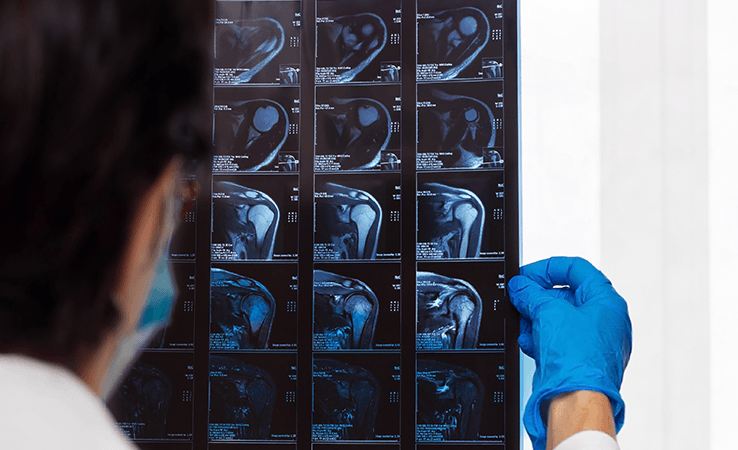
Dr Alan Cheung
Senior Consultant Orthopaedic Surgeon in Singapore
MBBS (London), MRCS (England), FRCS (Trauma and Orthopaedics, England), Diploma in Sport and Exercise Medicine (UK), Fellow of the European Board of Orthopaedics and Traumatology, American Academy of Orthopaedic Surgeons (AAOS)
What is Rotator Cuff Repair?
Rotator cuff repair is a surgical procedure aimed at treating a torn rotator cuff in the
shoulder. The rotator cuff is a group of muscles and tendons that stabilize the shoulder
joint and allow a wide range of motion.
Tears in the rotator cuff can result from acute injuries or wear and tear over time,
leading to pain, weakness, and limited movement. Surgery is often recommended when
conservative treatments such as physical therapy, medication, and rest fail to provide
relief.
Types of Rotator Cuff Repair
There are several types of rotator cuff repair procedures, depending on the severity and location of the tear:
Arthroscopic Repair – A minimally invasive technique using a small camera (arthroscope) and specialised instruments inserted through tiny incisions. This method reduces recovery time and minimizes tissue damage.
Mini-Open Repair – A hybrid approach that combines arthroscopy with a small incision to allow direct visualization of the tear, leading to better precision while maintaining a minimally invasive nature.
Open Surgical Repair – A traditional method where a larger incision is made to directly access the rotator cuff. This technique is usually used for large or complex tears requiring tendon grafting.
Tendon Transfer – If the rotator cuff tear is irreparable, a tendon from a nearby muscle is transferred to restore function.
Reverse Shoulder Replacement – In cases of severe rotator cuff damage with arthritis, a reverse total shoulder replacement may be necessary to regain shoulder mobility.







